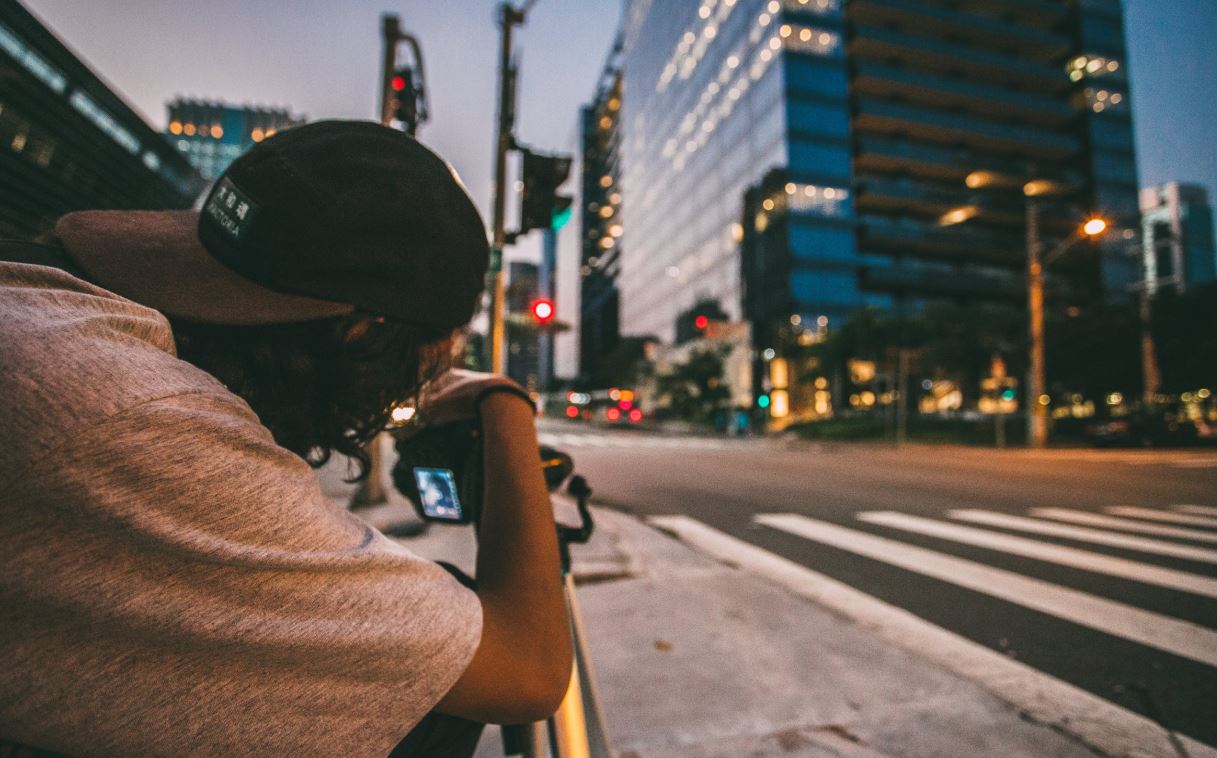
It seems that year after year, more and more people are buying all sorts of digital camera equipment and calling themselves photographers. Now, this doesn’t necessarily mean that they start taking on all kinds of wedding photography clients, nor does this mean they shoot various magazine photo layouts and take on formal photography assignments.
Instead, it’s more of a sensibility tied to the sense of self-identification. It doesn’t really cost much to label yourself as a photographer. Whether you have top of the line equipment or a trusty smartphone that could stand quite a bit of improvement, none of this stands in the way of you calling yourself a photographer.
Here’s the problem. A lot of people are under the impression that if you want to be a real photographer, you must have the right stuff. By the right stuff, I’m not talking about the right attitude, nor am I referring to having the right perspective. If you think about it that stuff is actually more important.
You need to have a photographer’s eye because what you’re essentially doing here is that you’re freezing reality as it unfolds in real time. That takes quite a bit of experience. That definitely takes a trained eye. It takes a certain sensibility to tease out the different strains of reality and the range of emotions in a particular moment.
This is not the kind of thing that you just stumble upon. This is definitely not the kind of thing that just falls on your lap. You have to keep at it. That’s why really good photographers start producing high-quality photographs decades after they started. I’m talking about high-quality art photographs, not wedding or architectural photos.

The idea here is that if you really want to be an artist, you have to have some sort of minimum level of equipment quality to pull it off. I’m almost tempted to agree with this thinking. The problem is, I have serious reservations regarding the origin of this kind of thinking. It is really an elitist or exclusivist mindset.
The idea is that there are only a few people who can do what we can do and we need to have a kind of dividing line. We need to a have mechanism that excludes people. So, we’re going to draw the line at equipment. According to this thinking, if you have a certain minimal level of equipment, then you can call yourself a real artistic photographer. You are the deal.
If your equipment somehow falls below this, then you really have no business calling yourself a photographer. You’re just a poser, an imposter or a fake. I know that sounds harsh and it is, but the problem is the attitude.
You see, it’s not the equipment that makes photography worth writing home about. It’s the attitude of the photographer. It’s the eye for detail. It’s the creativity of that person. Believe it or not, attitude counts for a lot more than equipment. Does this mean that you can just use the very worst equipment on the planet and come up with amazing photographs? Well, the answer is generally, no.
It does happen from time to time, but only in the hands of a true and capable master. Other than that, it’s anybody’s guess whether you can come up with anything that barely resembles quality art photos, but it does happen. This proves my point. It is not the equipment that turns photography into an art. It’s the attitude. It’s the eye for detail. It’s the willingness to sacrifice anything for one’s art. I hope you can see the difference.
